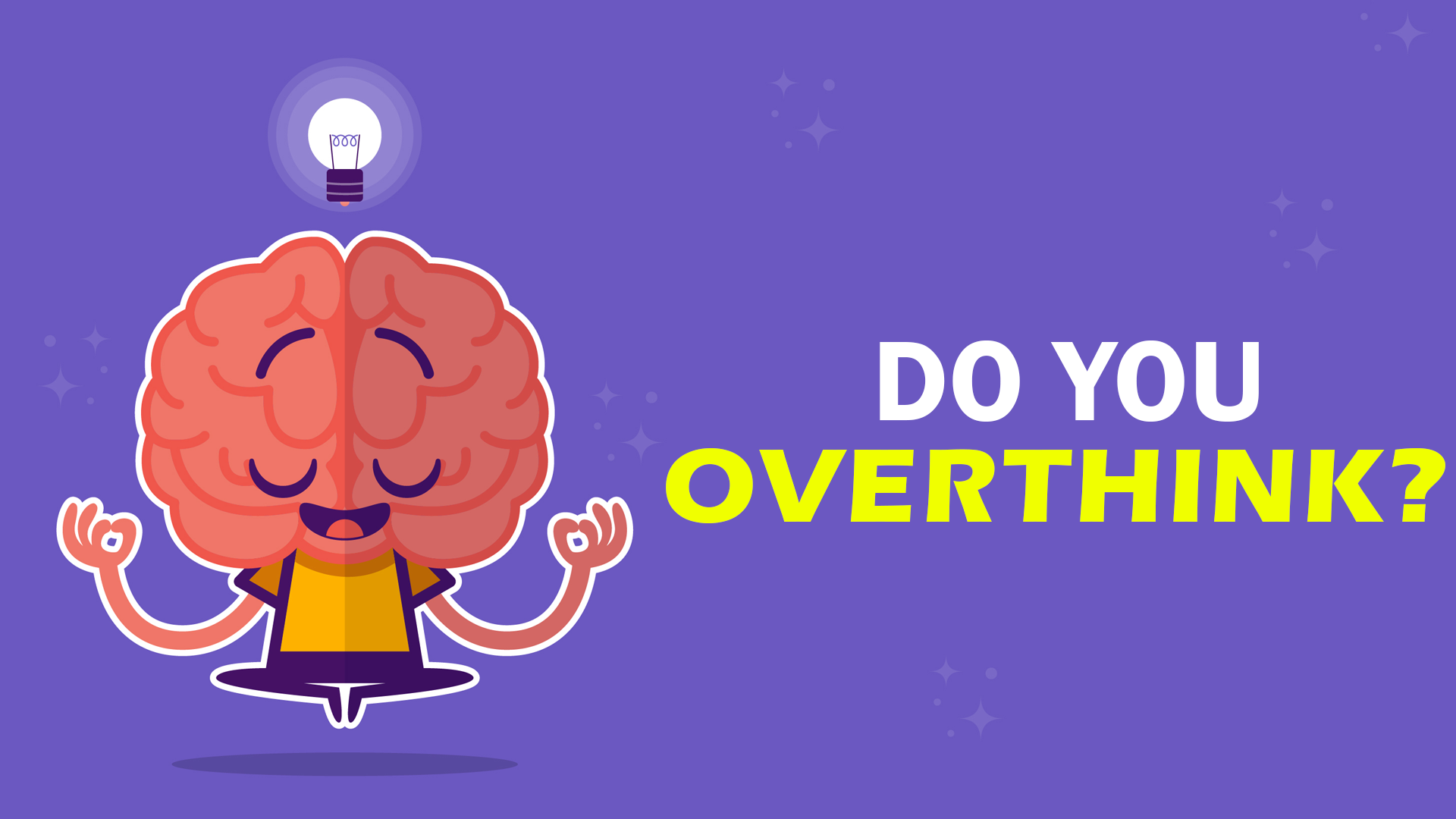“Overthinking, also, best known as creating problems that are never there”
We are prone to overthinking. This is true of most people. We tend to turn an idea round and round in our heads and consider the possible outcomes.
Overthinking would not be so much of a problem if we thought of it in a positive way. But we usually don’t. Instead, we overthink all the ways in which something can go wrong. We tend to consider worst-case scenarios.
Sometimes, overthinking can be a problem. It makes us worry in excess. It makes situations appear too challenging. It makes us lose confidence.
“People become attached to their burdens sometimes more than the burdens are attached to them.”
When this happens, we lose motivation and will to work on our goals. We might be less willing to try something new if we fear we will fail. Overthinking makes us live failure before we begin an attempt.
What does this mean?
We need to cut down on the habit of overthinking. It doesn’t really help us plan for the future, just undermines our efforts.
Instead, we want to focus on planning the future and focusing on the positive side. Planning for the future means considering the most likely scenarios, good and bad, and being ready for either. Instead of worrying that things will go terribly wrong, we will create plans for good and bad cases.
The second solution is thinking about positive aspects too. Challenge the worst-case scenarios your brain conjures. Consider the ways in which something could go well too, and also what you think is the most likely outcome.
Overthinking is a habit that can be hard to quit because it feels useful. Once we let go of this idea, it becomes much easier to let it go. It only serves to make us anxious or angry, so there is very little use to engaging in overthinking.
Create new thinking habits that will actually help you plan for the future and get ready for anything.


